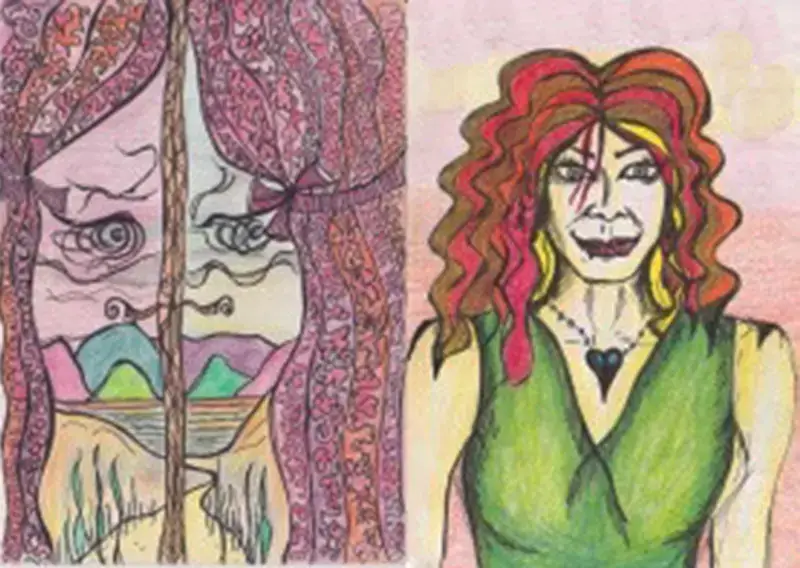How do you know if you are a people pleaser?
Basically it means that you are outsourcing respect and love for yourself to others in your life.
If you don’t yet fully love, accept and trust yourself, you may find yourself looking outwards to other people for validation of your worth.
The roots of people pleasing lie in what you learned as a child about love – was it unconditional or was it based up you behaving in a particular way?
Did you feel that no matter what you did or said or how you behaved, you were always strongly and affectionately loved, or did you recognise that there was a code of behaviour that you needed to meet in order to receive the love and affection you required for your survival?
Often this ‘code of behaviour’ is one of an unspoken not allowing of full emotional expression in children, because the adults in the family are afraid of emotions, and so unconsciously encourage emotional suppression in their children. And this is most likely because this was how they were also raised by their own parents. These patterns can be repeated through many generations. So it is not that there is any malevolence involved normally, just that people are repeating an old pattern of behaviour that comes from the belief that the expression of emotion is dangerous to the peace in the household. The sad thing, is that when there is a house full of people who are not expressing their feelings, then it’s difficult for any deep emotional bonds to form.
Feelings give us important information about who we are, so if we hide or suppress our feelings, people can’t really see us. But also, if we are not allowing ourselves to fully feel our feelings, then it’s like we also cannot see ourselves. We are then missing out on the inner connection that we need with ourselves in order to feel well, whole and loved.
If you find yourself reaching outside yourself for external validation, you will find eventually that there is never enough. You will always be reaching out for it but never feel fully satisfied that you have it. That’s because the love you are so desiring is your own love.
We have to recognise and accept our people pleasing behaviour before we are able to work with transmuting and transforming it.
Six Steps to Recover from People Pleasing Behaviour
- If you recognise that you are a people pleaser and are in the habit of reaching out for external validation of your worth to others, then the first step is acknowledging this.
- The second step is to be curious. Why am I seeking validation of my own worth through this person, job, or life situation? Why is it that I am not able to recognise my inherent worthiness and loveable-ness through just being born on this planet? I find it helpful to pay close attention to animals and plants when investigating this question. See if you can see any signs of ‘unworthiness’ in them…? This can create space and curiosity around this feeling inside you if you recognise it within you.
- The third step is to wait for answers. I always recommend to people to go into meditation and sit with this question. Be interested in what answers will come through but don’t pre-empt them.
- When you have your answer, which may be: “I never learnt to unconditionally love and accept myself because my parents also did not learn how to do this so they were unable to teach it to me”, release all blame and judgement of self and others around this revelation.
- Focus your energies on your own self love, self care and self validation. Work on your inner relationship with yourself. Watch your inner dialogue very carefully and whenever you notice the inner critic demeaning or diminishing you in any way, try saying: “Stop. I am not interested in your opinion.” Or, alternatively, respond and tell the inner critic that it’s not true. There are many ways of working with your inner critic and depending on your personality, different ways will work for you. I now have a zero tolerance policy on negativity from my own inner critic. And with this policy, the negative commentary decreases fast.
- Get clear on your boundaries. Know where you end and others begin. Know what is yours (emotions, thoughts, energies) and what is someone else’s. And if you need practice with boundaries, work on knowing and owning your clear YES and your clear, unapologetic NO. I have a meditation on Insight Timer to help you with this.
